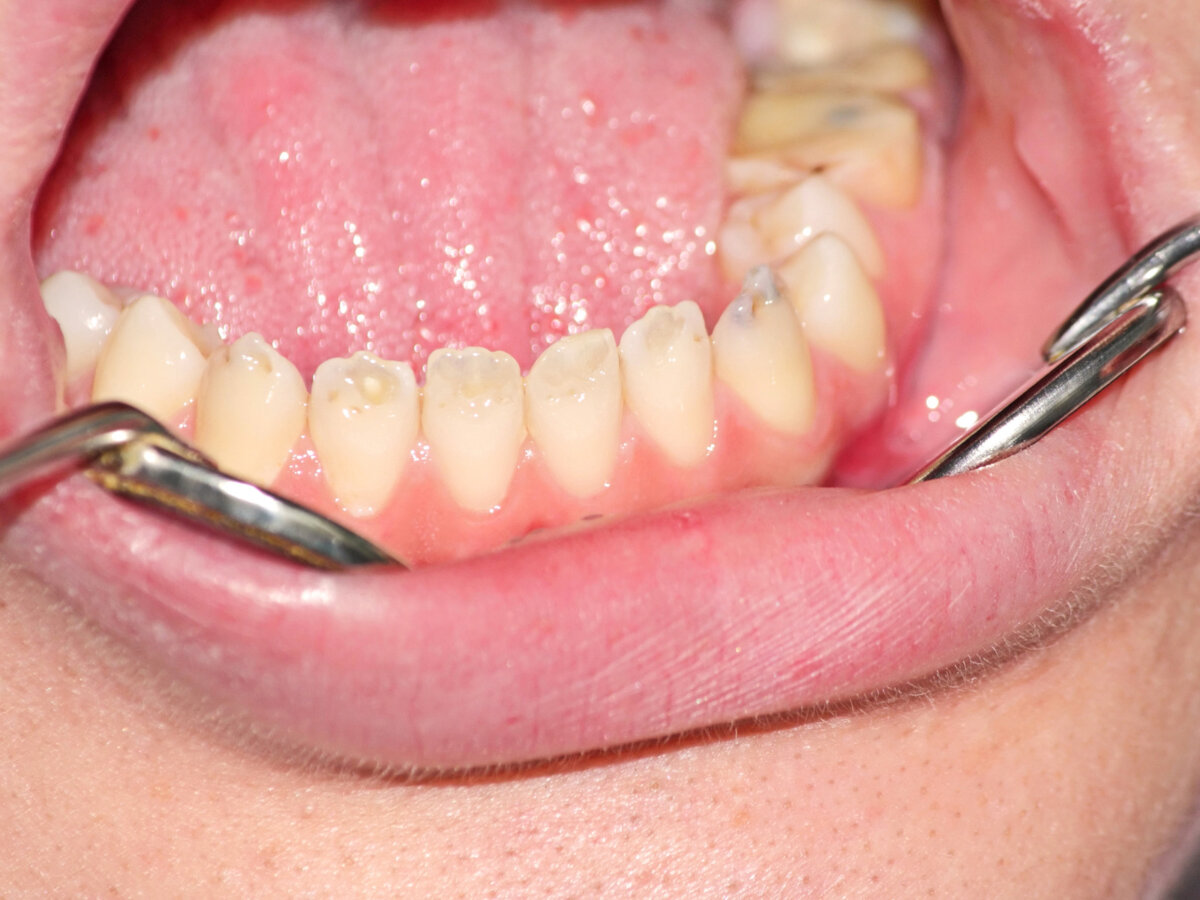Blog
Dental hygiene tips for healthy teeth & gums

What Causes Chalky Teeth And How To Get Rid Of Them?
Does your enamel crumble suddenly, or do your teeth feel chalky? It’s most common for children to experience chalky teeth, and most likely, it’s a temporary feeling or sensation. However if not taken care of it can become quite serious.
A serious health condition called hypomineralization can lead to chalky, grainy, or rough teeth. In dentistry, hypomineralisation is a term used to describe rough and grainy teeth. Hypomineralization is typically caused by a lack of minerals in the enamel of the molars causing the weird rough feeling in the mouth.
Therefore, treating this condition can be tough sometimes and it is not the same for everyone. So, let us see everything related to grainy rough teeth and how you can treat them.
What are chalky teeth?
“Chalky teeth” refer to irregularities with the enamel’s appearance. A tooth with an abnormally colored enamel might appear whiter than usual or brownish, yellowish, or creamish. Unlike regular enamel, sometimes enamel crushes easily and appears dull; much contrary to the glossy, soft appearance of normal enamel.
From some angles, your enamel may also appear pitted or grooved. You may notice a spot or patch of discoloration on a tooth or it may cover the entire tooth. Though this condition is most likely to be prominent in children, adults should also take care of their oral health if they notice the same symptoms.
Chalky molars are commonly called molar hypomineralisation. In addition, molar hypomineralization is also more common in 6-year-old molars (or the first permanent molars to erupt).
What are the symptoms and causes of chalky teeth?
Before jumping onto the causes let’s have an overview of the symptoms of molar hypomineralisation:
- Pits
- Tiny groves
- Heat and cold sensitivity
- Yellowish-brown stains
- White spots
- Fissures
- The build-up of harmful bacteria
- Weakness to food and drink acids
- Depressions
- The irregular wearing of teeth
- Increased chance of tooth caries and decay
Now let’s see the causes of this condition:
Premature Birth and Poor Health: Children with low birth weights and premature births are more likely to have hypomineralisation affecting their baby teeth. The formation of enamel may be interrupted during pregnancy if the baby is born too soon. The development of healthy enamel is also compromised by chronic high fevers, metabolic conditions, and generally poor health.
Prenatal Problems: It is also possible for hypomineralisation or chalky teeth to occur in pregnancy due to obesity, vitamin D deficiency, drinking, smoking, and other prenatal problems.
Genetics: Amelogenesis imperfecta can also cause poor enamel development or chalky teeth. It can even cause abnormally small teeth and a variety of orthodontic problems as a result of congenital enamel hypoplasia. There are two types of genetic conditions: those that occur alone and those that occur in conjunction with a syndrome that affects other parts of your body.
These are some common reasons why people suffer from enamel hypomineralisation. Now let’s see how you can effectively combat this condition.
How to get rid of chalky teeth?
Chalky teeth can be treated depending on how severe they are. The aim of the enamel hypomineralization treatment is to help people get the ability to maintain a healthy bite, prevent cavities, maintain a good smile, maintain tooth structure, etc.
Let’s see some of the common prevention tips for the same:
- A soft toothbrush should be used at least twice a day for brushing
- Drinks and foods that are acidic or sugary should be limited
- Lukewarm water is always recommended if you have cold sensitivity
- Make sure you see your dentist regularly
- There are treatments available for a sensitive and painful mouth full of chalky teeth
Lastly, the most common treatment option for enamel hypomineralisation is a resin-bonded sealant, dental amalgam fillings, crowns, resin-based composite fillings, etc., but it is important to consult your dentist before taking any treatment.


